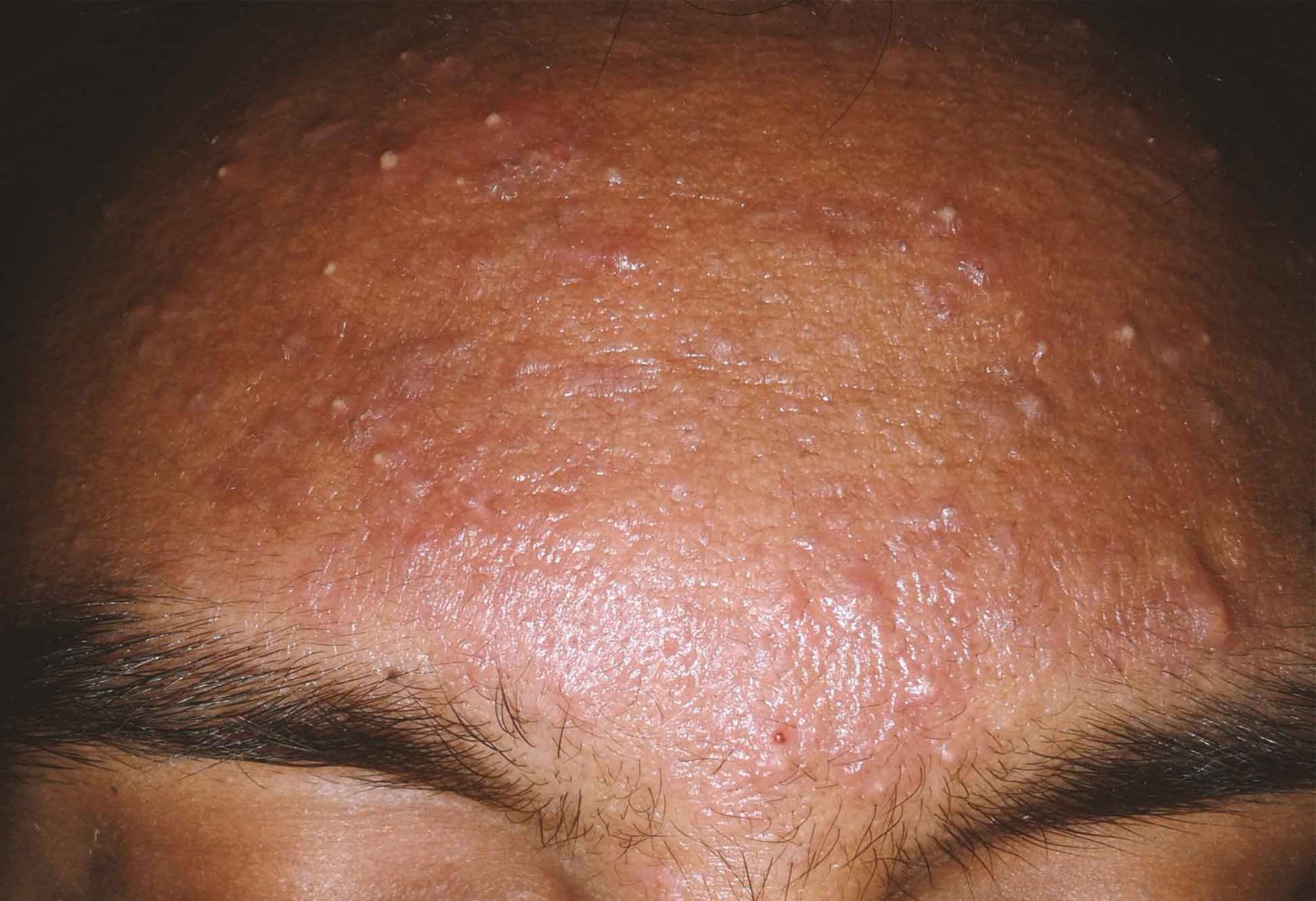ACNE

It’s no news that the beauty industry is one of the giants out there. Millions, if not billions, of people, take their looks pretty seriously. So seriously that there’s even a quote on one particular skin condition:
Acne is a bigger problem than injuries.
Brain Clough
Hey, I’m not judging, I love looking good too. There are lots of conditions that threaten to mar our good looks.
We’ll be talking about a common type: Acne.
WHAT IS ACNE?
In medical terms, Acne is a skin condition/disease that occurs when dead skin cells and oil from our skin clog our hair follicles. It often appears in the form of whiteheads or blackheads – more common on oily skin – that further leads to possible scarring. But dry skin and other skin types also experience acne due to a number of reasons that are either obvious or sometimes unknown.
We’ll get into that soon.
ACNE— HOW COMMON IS IT?
According to the American Academy of Dermatology, it is the most common skin condition that is observed in all ages. It is a pretty common skin condition that typically starts at puberty and is likely to be resolved at the age of 20. It has been observed that sometimes people continue to have it well into their late 40s. It is not a threatening condition and for this reason, it is often neglected.
EFFECTS
It is important to note, that despite its superficial nature, its effects can go beyond the surface of the skin. Good skin is a huge confidence booster. A sudden change in skin appearance may trigger a change in self-image, which may lead to harboring insecurities.
WHAT CAUSES ACNE?
The skin has pores that are small openings to release oil and sweat. Acne occurs when these pores are clogged (blocked) with dead skin cells, bacteria, oils, or any dirt particles. It is also caused by hormonal imbalance, genetic factors, inflammation, or infection; bacterial or otherwise.
SUBTYPES OF ACNE
Acne can be subcategorized into:
- Blackheads: Dark bumps that appear on the skin
- Whitehead: White-topped pus-containing pimple
- Nodule: A lump that develops beneath the skin
- Papule: Raised well-circumscribed area of skin
- Cyst: Fluid containing sac in or over the skin.
Almost all the above-mentioned conditions happen because of clogged pores in the skin.
TREATMENT
Acne could be mild, moderate, or severe in occurrence. Even the mildest form of acne cannot be left untreated. Dermatologists (skin specialists) check the nature of acne and suggest suitable treatment.
- Acne can be treated through the use of over-the-counter (OTC) medications that you apply on the skin. It includes different gels, creams, pads, and lotions. Before applying anything on the skin, it is pertinent to assess the nature of the skin. Alcohol-based gels are more likely to dry the skin and are suggested for oily skin.
- For moderate acne, OTC medications are prescribed with some topical or oral antibiotics.
- If acne is in the form of cysts then Injections are also prescribed that treat inflamed cyst. Preferably “Corticosteroid injections”. It reduces pain and inflammation, speeds up the healing process, and helps to prevent scarring.
- If acne is long-term, patients are prescribed oral antibiotics.
- Oral contraceptives are also used to control acne but for its use, a gynaecologist needs to be consulted in order to prevent further complications. These drugs suppress the overactive glands in women.
Treatment is crucial. But before going for any medication, individuals are advised to check with the doctor first.
HOME REMEDIES FOR ACNE
Home remedies are really helpful to nourish skin and treat acne. People can use these remedies to control the skin’s oil level, reduce inflammation, clear dust particles on the skin, that further prevent future acne outbreak. For example:
- ALOE VERA: is a natural anti-bacterial as well as an anti-inflammatory plant. It helps to prevent acne occurrence.
- GARLIC: has the same qualities which are equally helpful.
- HONEY: is a natural antioxidant that is used to clear dirt and debris from clogged skin pores.
- COCONUT OIL: reduces acne-causing bacteria. It also helps in healing acne sores.
- It is important to never “touch” pimples. YES! It is tempting and it’s hard to resist but one should remember it makes the condition worse and also spread them onto other areas.
- Skin cleansing with cleansing agents is necessary. It exfoliates the skin and reduces acne. The choice of the right cleanser is very crucial.
Remember, Acne is prevalent to many skin types but it is not threatening. If you have acne, there is no need to get worked up about it. You are not alone. Take care of yourself, have a good diet, and fight acne with proper treatment. Don’t let your looks define who you are. Believe that and acne, all of a sudden, it doesn’t look so tough afterall.

